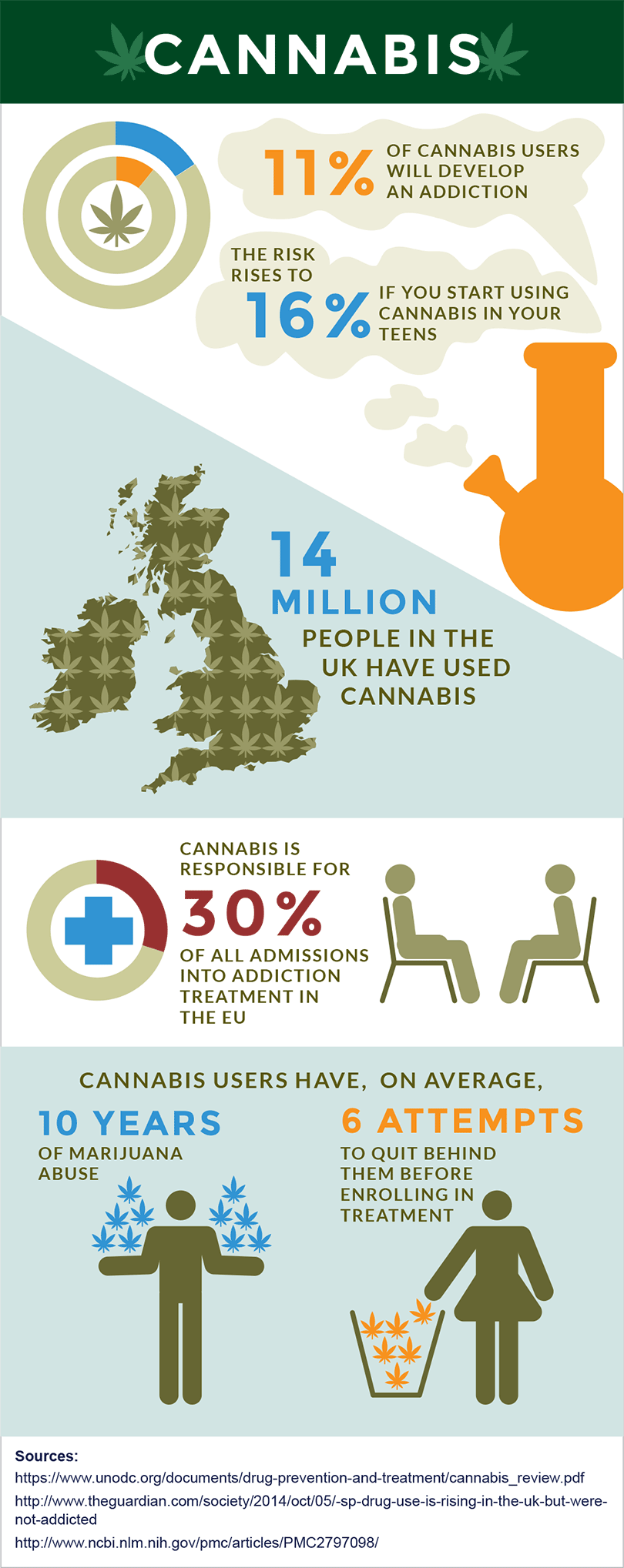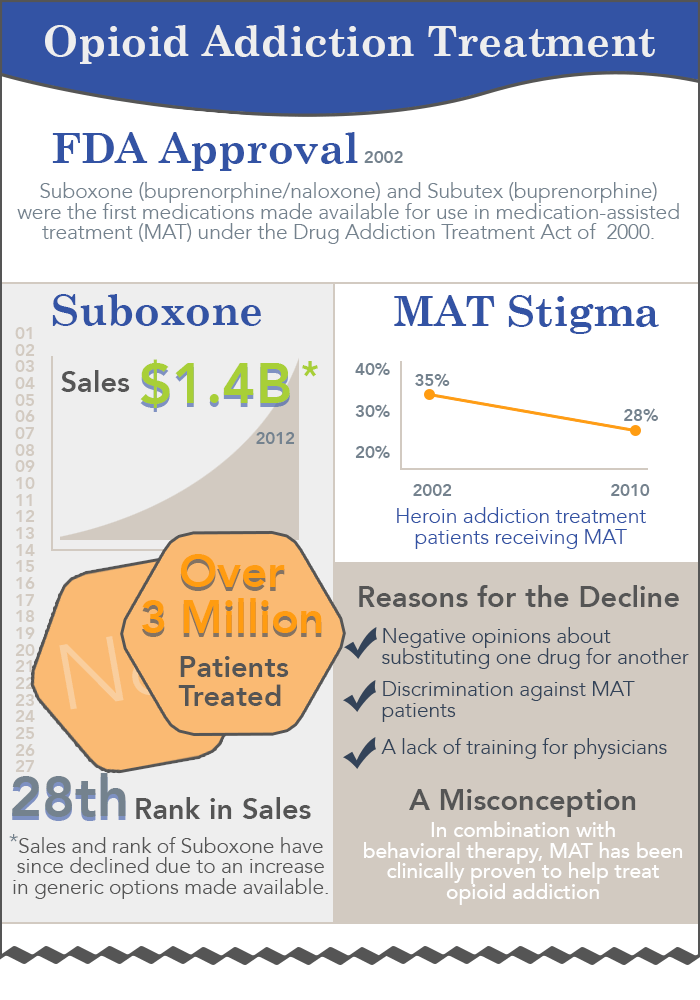The key is receiving personalized treatment that is intensive and integrated. When long-lasting support, as well as restorative and spiritual interventions are used, people struggling to conquer dependency do recuperate. Psychological, physical, and spiritual health is central to recovery. Questions about drug dependency and treatment? Call 844-843-8935. Despite their best intentions to remain in control of their behavior, there are repeated episodes with more unfavorable effects. Sometimes the person is conscious of this minimized control. Other times they may trick themselves about how easy it would be to give up "anytime I wish to." Ultimately everyone should make their own choice about whether to change a particular habits.
They typically need a good deal more effort and decision than somebody understands. Friends and family are less quickly deceived. These episodes of lowered control are more obvious to other people. Household and good friends often wonder, "Well since you appear to think you can manage this habits, why do not you ?!" A person in relationships with somebody who is developing an addiction can feel betrayed.
Their "choices" seem to be incompatible with their usual objectives, dedications, and worths. If a buddy or relative tries to address this pattern (" Don't you understand you have a significant issue and you require to stop?!") the result can just as easily become a significant argument instead of a significant modification of behavior.
" I would not need to consume a lot if you weren't such a nag." Instead of confessing an issue exists, an individual developing a dependency may deny the existence of any issues. On the other hand, they might recommend their "grumbling" partner overemphasized the issue, and even caused the problem. It is typically difficult to figure out whether individuals genuinely think these ideas, or are just unwilling to face the frightening thought that they may have a problem.
After enough damaged pledges to change, guarantees are no longer believable. Family and buddies settle into expecting the worst and attempting to cope with it. Alternatively, they might actively express their legitimate anger and disappointment. The arguments and stress can be extreme. The definition of addiction: Dependency is duplicated participation with a compound or activity, regardless of the substantial harm it now triggers, The definition of addiction includes 4 crucial parts.
You may start to question why they start in the first place. Why would somebody wish to do something that produces harm? The response is deceivingly basic: because in the beginning it was pleasurable, or a minimum of valuable. The addicted person might discover it "valuable" due to the fact that it reduced stress and anxiety. Perhaps it provided a temporary escape from disappointing scenarios or sheer monotony.
The Only Guide to What Does The Bible Say About Drug Addiction And Marriage
In reality, people are genetically predisposed to duplicate things that are fulfilling or bring about pleasure as this guarantees our extremely survival. Without this genetic predisposition we would not consume or replicate. Therefore, only people with prior favorable experiences with a compound or activity are susceptible to establishing a dependency.
If you dislike the taste of alcohol and how it makes you feel, will you continue to consume? So, addiction begins due to the fact that "it" was once enjoyable, rewarding, or important. Notification our definition includes the idea that the compound or activity might no longer be satisfying and/or important. In reality, over time many dependencies end up being extremely unpleasant.
A person with a dependency utilizes a substance, or takes part in a behavior, for which the Visit this page rewarding impacts supply an engaging reward to duplicate the activity, regardless of harmful consequences. Dependency might include the usage of compounds such as alcohol, inhalants, opioids, drug, and nicotine, or behaviors such as betting. There is evidence that addicting behaviors share crucial neurobiological functions: They extremely involve brain pathways of benefit and support, which involve the neurotransmitter dopamine.

It is very important to know that such brain changes are reversible after the compound usage or habits is ceased. Both compound usage conditions and betting behaviors have actually an increased likelihood of being accompanied by psychological health conditions such as anxiety and anxiety, or other pre-existing issues. Compound use and gaming conditions not only engage the same brain mechanisms, they respond to a lot of the very https://hectorwoms547-75.webselfsite.net/blog/2021/02/05/the-3-minute-rule-for-what-is-involuntary-drug-addiction-treatment same treatment approaches.
They are defined by impaired control over usage; social impairment, involving the disruption of everyday activities and relationships; and yearning. Continuing usage is typically damaging to relationships as well as to responsibilities at work or school. Another identifying feature of addictions is that individuals continue to pursue the activity despite the physical or psychological damage it sustains, even if it the damage is exacerbated by repeated use.
Due to the fact that addiction affects the brain's executive functions, centered in the prefrontal cortex, people who develop an addiction might not understand that their habits is causing problems for themselves and others. With time, pursuit of the enjoyable results of the substance or habits might control an individual's activities. All dependencies have the capacity to induce a sense of despondence and feelings of failure, as well as embarassment and guilt, but research files that recovery is the rule rather than the exception.
Getting My How To Fight Drug Addiction To Work
People can achieve better physical, mental, and social operating on their ownso-called natural recovery. Others gain from the support of neighborhood or peer-based networks. And still others opt for clinical-based healing through the services of credentialed professionals. The road to healing is seldom straight: Relapse, or recurrence of compound use, is commonbut definitely not completion of the road.
The National Institute of Drug Abuse (NIDA) defines dependency as a persistent, relapsing brain disease that is characterized by compulsive drug seeking and usage, regardless of hazardous consequences. 1 In the United States, 810% of individuals over the age of 12 are addicted to alcohol or other drugs. That's roughly 22 million individuals.
It can't be cured, however it can be handled with treatment. Other examples of persistent illness consist of asthma, diabetes, and heart problem - what is drug addiction. It is crucial that treatment at the same time resolves any co-occurring neurological or mental disorders that Click here for more are known to drive susceptible people to explore drugs and end up being addicted in the very first place.
3 Research studies published in top-tier publications like The New England Journal of Medicine support the position that addiction is a brain disease - how drug addiction affects relationships. 4 A disease is a condition that changes the method an organ functions. Addiction does this to the brain, changing the brain on a physiological level. It actually changes the way the brain works, rewiring its fundamental structure.
Although there is no treatment for addiction, there are many evidence-based treatments that are efficient at managing the health problem. Like all chronic illnesses, addiction requires continuous management that might include medication, treatment, and lifestyle change. As soon as in healing from substance use disorder, an individual can go on to live a healthy and successful life.
The human brain is wired to reward us when we do something enjoyable. Exercising, consuming, and other pleasant habits directly linked to our health and survival set off the release of a neurotransmitter called dopamine. This not only makes us feel good, however it encourages us to keep doing what we're doing. would most quickly result in dependence or addiction would be:.
